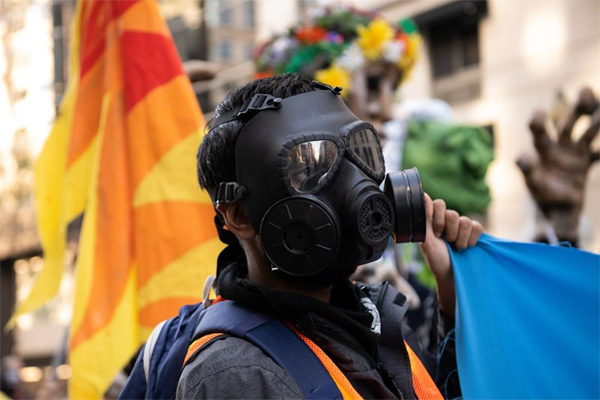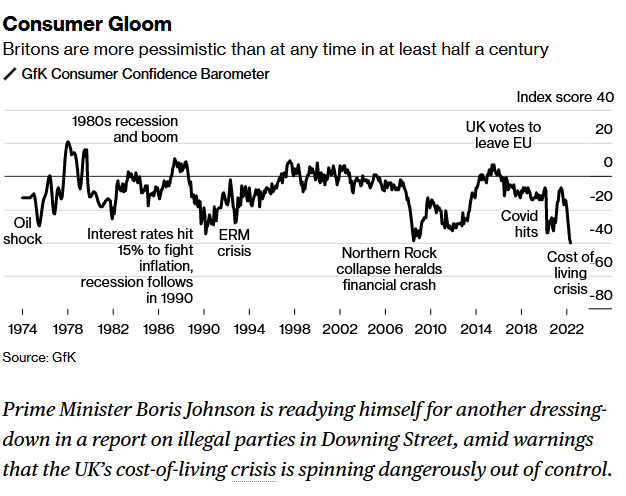
Karl Maier, Bloomberg News
ROME
EnergiesNet.com 05 25 2022
Heat waves, black-outs and droughts are spreading across the globe, from India and the Horn of Africa to Europe and the US, straining power grids and food supplies.
This year is promising to be a scorcher, and while in some cases local weather conditions are playing a role, most scientists agree the changing climate worsened by the world economy’s addiction to fossil fuels is mostly to blame.
Then there’s the impact of war. As Western economies try to wean themselves off Russian energy exports in response to President Vladimir Putin’s invasion of Ukraine, they’re in a desperate search for alternatives — clean or not. Sanctions on Moscow are also disrupting supplies, while a Russian blockade of Ukrainian ports is roiling grain markets.
Some of the world’s poorer countries are being devastated. Damaged crops and the death of livestock in countries including Somalia, Ethiopia and Kenya are compounding the jump in food prices spurred by Russia’s war.
For the richer countries, it means slower economic growth, rising inflation and fewer jobs.

The potential political fallout is clear. Australian voters ousted Scott Morrison’s government at Saturday’s election amid frustration over its management of the Covid-19 pandemic and climate-related natural disasters.
None of this should come as a surprise. The Intergovernmental Panel on Climate Change’s landmark report in 2018 warned of the devastating impact of warming beyond 1.5C above pre-industrial levels. Last year, it was about 1.11C higher.
And international promises to transition to renewable energy aren’t changing the dynamic quickly enough. The hottest seven years on record have all been since 2015, and since the 1980s each decade has been warmer than the previous one, according to the World Meteorological Organization.
While nobody can say the world wasn’t warned, governments are still groping for answers.


Different Davos | The snow is missing at the gathering of rich and powerful in the Swiss Alps this year, but frostiness toward Russia, whose oligarchs have thrown some of the most glitzy parties at the World Economic Forum, is palpable. As the first in-person meeting of the WEF in two years started yesterday, it was clear that Putin’s decision to invade Ukraine has put an abrupt end to decades of Russian influence in Davos.

And finally … New Zealand Prime Minister Jacinda Ardern has ruled out the possibility of running a DJ set with Australia’s new leader Anthony Albanese. The two music enthusiasts are both amateur DJs and have played highly-publicized sets during their political careers. Albanese played a charity event in Melbourne ahead of Australia’s 2016 elections, ending with a sing-along to Iggy Pop’s The Passenger, and Ardern was a headliner at Auckland’s popular Laneway Festival in 2014.

bloomberg.com 05 23 2022







